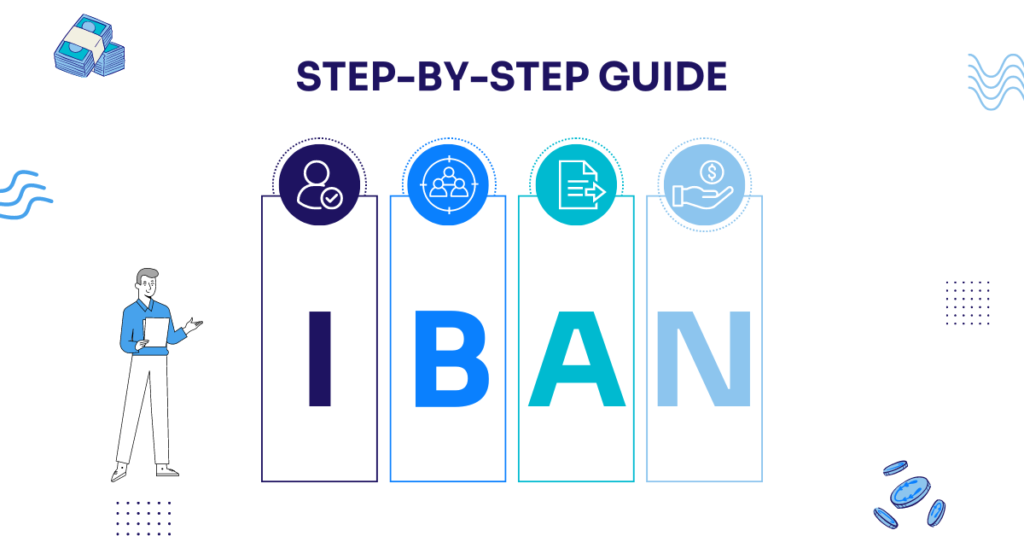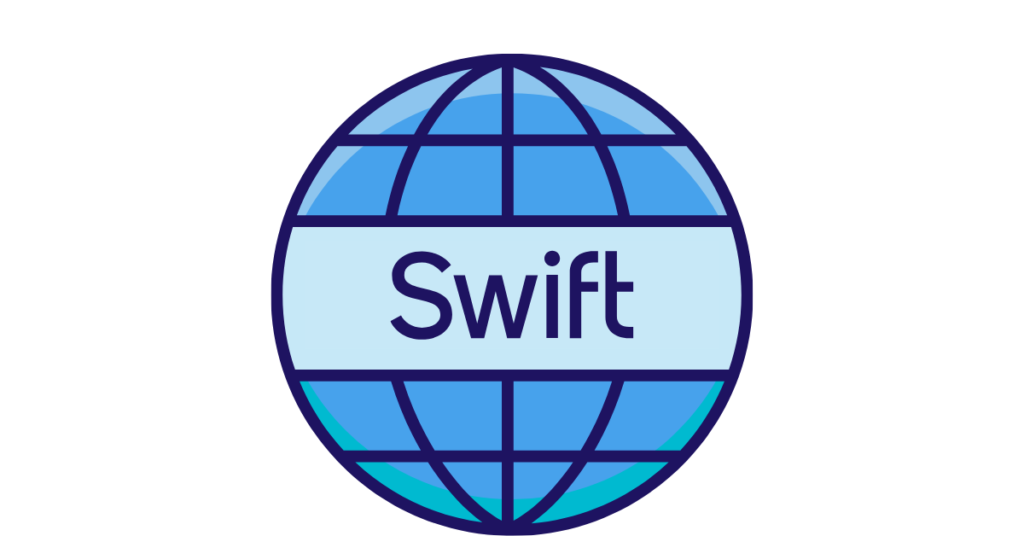So, you’re considering starting your own Forex brokerage?
Excellent decision! The Forex market is a multi-trillion dollar industry, and there’s plenty of room for new players.
Of course, starting a Forex brokerage is not a decision to be taken lightly. There are several important factors to consider before taking the plunge. In this article, we’ll go over some of the key things you need to know about starting your own Forex brokerage.
So grab yourself a pen and paper, and let’s get started!
What is a Forex Brokerage?
A Forex brokerage is a company that facilitates the buying and selling of foreign currencies.
The company typically acts as an intermediary between buyers and sellers and makes a profit by charging a commission on each transaction.
Forex brokerages can be either online or brick-and-mortar businesses and can be domestic or international.
The Forex Market
The Forex market is the global marketplace for buying and selling foreign currencies.
It’s the largest and most liquid financial market in the world, with an average daily turnover of more than $6.6 trillion. This makes Forex an attractive investment opportunity for traders and investors of all stripes.
Launching Your Own Forex in 6 Simple Steps
Step 1: Create a Strong Business Plan
This is essential, as it will guide all of your decisions regarding your brokerage. You want to make sure your business plan is well-thought-out and realistic. It needs to include a number of things, such as your target markets, marketing strategy, operating costs, and projected profitability.
For example, if you’re targeting the EU market, you’ll need to be licensed and registered by a local regulator – a popular choice is Cyprus, which is overseen by the Cyprus Securities and Exchange Commission (CySec). Alternatively, if you’re targeting the UK market, you’ll need to be regulated by the Financial Conduct Authority (FCA). Detailing all of this in your business plan will give you a roadmap to follow as you start your brokerage.
Step 2: Brush up on the Regulations
The Forex market is heavily regulated, and you need to make sure you are compliant with all applicable regulations in the jurisdictions where you plan to operate.
This includes getting the proper licences and registrations, adhering to anti-money laundering (AML) laws, etc. If you’re unsure of what’s required in your jurisdiction, it’s best to consult with an attorney or compliance specialist.
Step 3: Find a Suitable Trading Platform
Your brokerage will need a trading platform to allow customers to buy and sell currencies. There are a number of different platforms available, so you’ll need to do some research to find the right one for your needs.
Some factors you’ll want to consider include cost, ease of use, features, and customisation options. It’s also important to make sure the platform is compatible with the regulatory requirements in your jurisdiction.
Step 4: Choose a liquidity provider
In order to make a profit, your brokerage will need to earn commissions on the trades you facilitate. To do this, you’ll need to find a liquidity provider. A liquidity provider is a financial institution that provides the capital for trades. When a customer buys or sells a currency, the trade is executed through the liquidity provider.
There are a number of different liquidity providers to choose from, so you’ll need to do some research to find the right one for your needs.
Step 5: Find a payment processing partner.
Arguably one of the most important factors in starting a Forex brokerage is finding a payment processing partner. They’ll help you open a forex merchant account, so you can start processing payments from your customers. They can also help you set up the necessary payment processing infrastructure, such as a payment gateway and a billing platform.
There are a number of different options available, so you’ll need to do some research to find the right one for your needs. Some factors that make a payment processor a good choice include:
- Competitive rates
- A wide range of payment methods
- Security features, such as fraud protection and two-factor authentication
- Ease of use
Step 6: Set up a Bank Account
You’ll need to set up a bank account for forex trading company. This is where you’ll deposit the money from your customers’ trades, and where you’ll pay out the profits.
Remember, it’s important to open an online forex trading account with a bank that’s reputable, and has experience working with other forex businesses. You’ll also want to make sure the bank can provide you with the necessary banking services, such as wire transfers and foreign currency accounts. Finally, be sure to do your research, so that you’re finding banks that offer competitive rates and fees.
Step 7: Market Your Brokerage
Once your brokerage is up and running, it’s time to start marketing it.
Online and offline marketing are both important, and you’ll need to tailor your strategy to fit your target market.
Some things you can do include:
- Creating a website and online presence
- Developing marketing materials, such as brochures and flyers
- Participating in trade shows and other industry events
- Advertising in industry publications
- Networking with other industry professionals
Final Thoughts
So there you have it. These are the steps you need to take if you want to start a Forex brokerage.
Of course, this is just an overview, and there’s a lot more involved in each step.
But if you do your research and plan carefully, you’ll be well on your way to starting a successful Forex brokerage.
At Capitalixe, we specialise in helping high-risk companies obtain the latest financial technology, payment and banking solutions such as IBANs, SWIFT accounts, payment processing etc. We have a wide range of experience in the Forex market, and we can help you get your brokerage off the ground. Contact us today to learn more.
Co-Founder of Capitalixe





